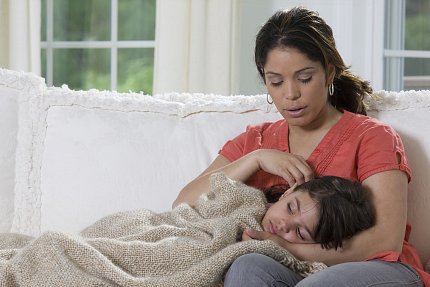Study Links Early Sleep Problems to Autism Diagnosis Among At-Risk Children

A small study funded by NIH suggests that sleep problems among children who have a sibling with autism spectrum disorder may further raise the likelihood of an ASD diagnosis, compared to at-risk children who do not have difficulty sleeping. Previous research has shown that young children who have a sibling with ASD are at a higher risk for also being diagnosed with the condition. The study appears in the American Journal of Psychiatry.
If confirmed by other studies, the findings may give clinicians a tool to identify sleep problems early and provide interventions to reduce their effects on the health and development of children with autism. The findings may also provide insights into the potential role of sleep problems in the development of ASD.
The study was conducted by Dr. Annette Estes of the University of Washington Autism Center in Seattle and colleagues in the NIH Autism Centers of Excellence Infant Brain Imaging Study Network. Funding was provided by NICHD and NIMH.
